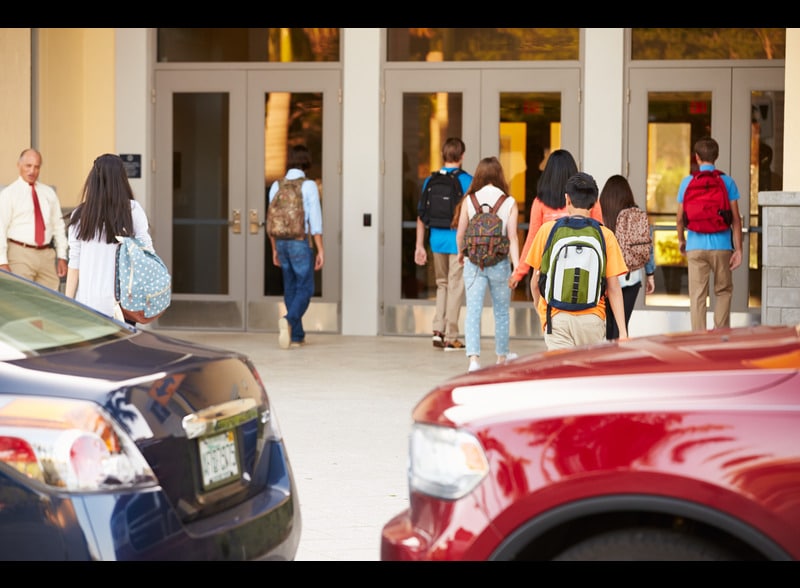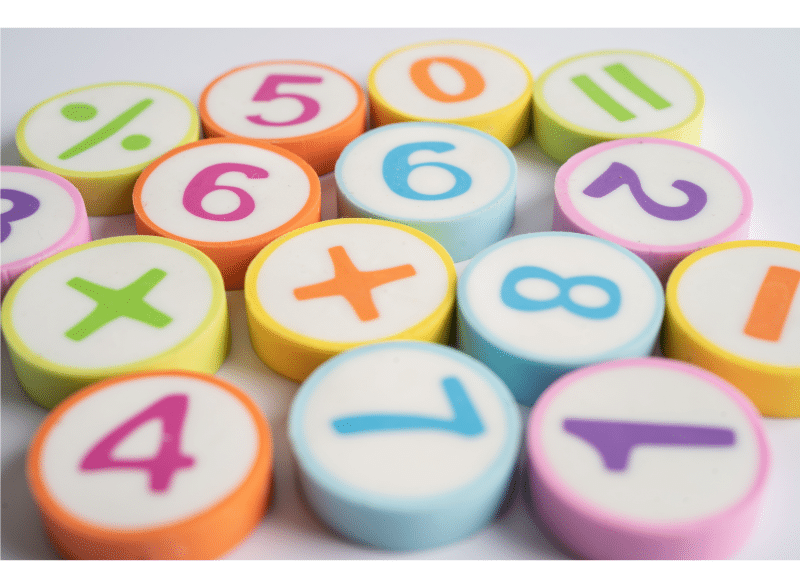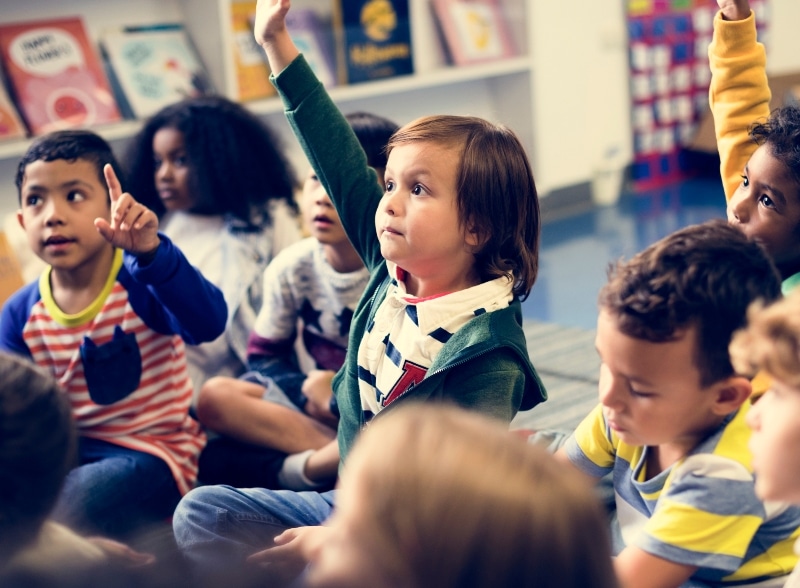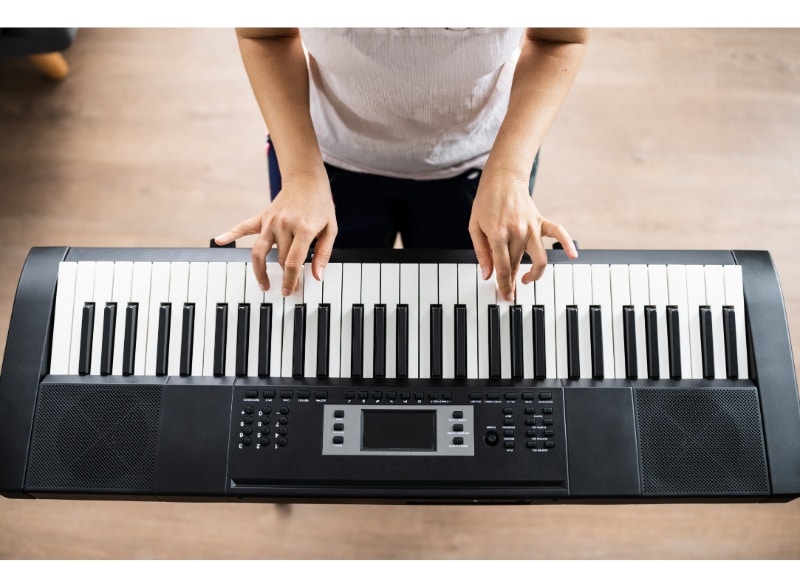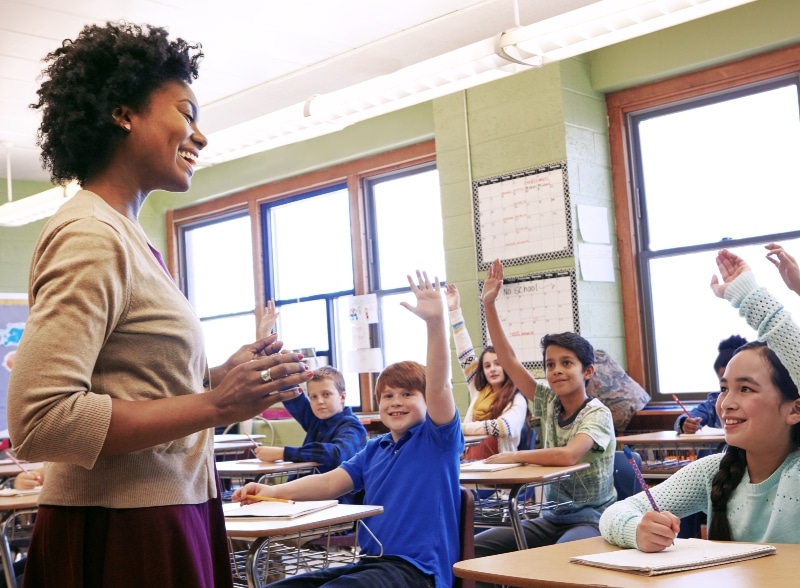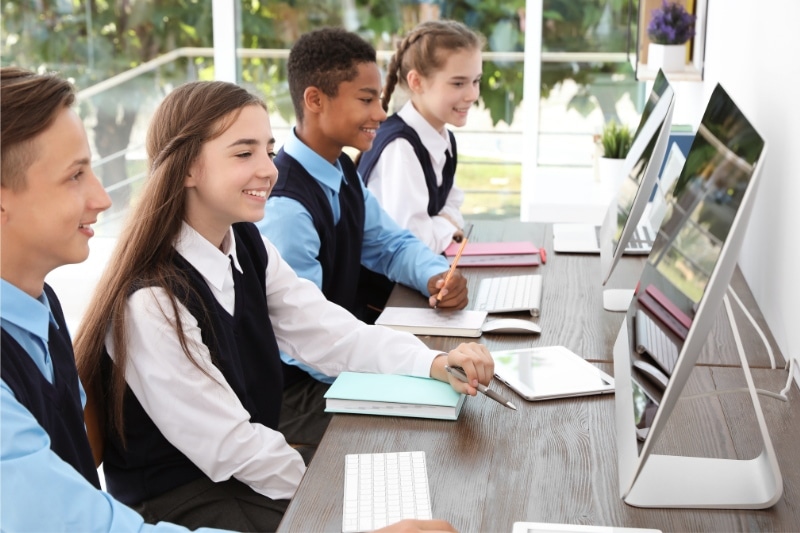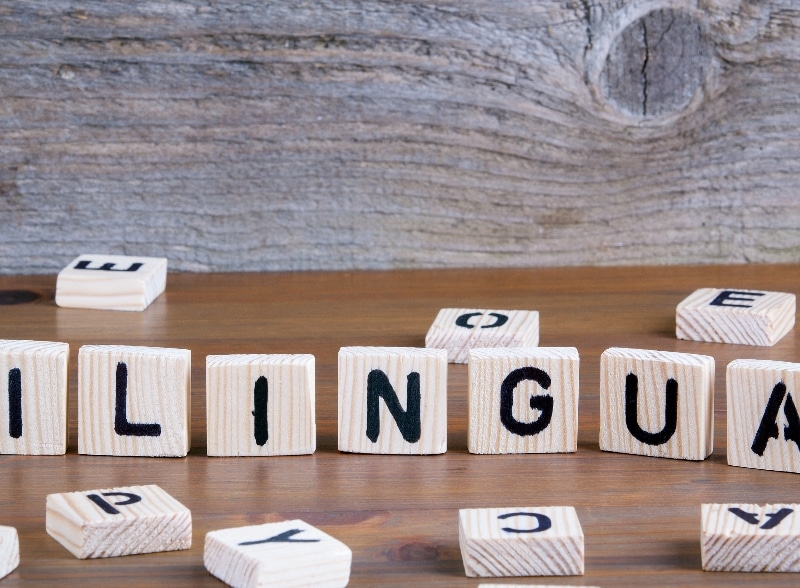
Raising a Bilingual Child: Tips for Parents with Dr Rose Drury
This webinar is designed for parents or carers who are raising a bilingual child in the early or primary school years. Drawing on the latest research, expert Dr Rose Drury will address parents’ most pressing questions. What does research suggest are the main advantages to being bilingual? When raising a bilingual child, what’s optimal? Should parents speak their mother tongue at home or only English? Will learning a second language interfere with the development of a child’s mother tongue? Do young children pick up language more easily than older children? How do we avoid confusing our children whilst wanting them to thrive in both languages? Parents will come away from the webinar armed with practical strategies for supporting their children within family life.


